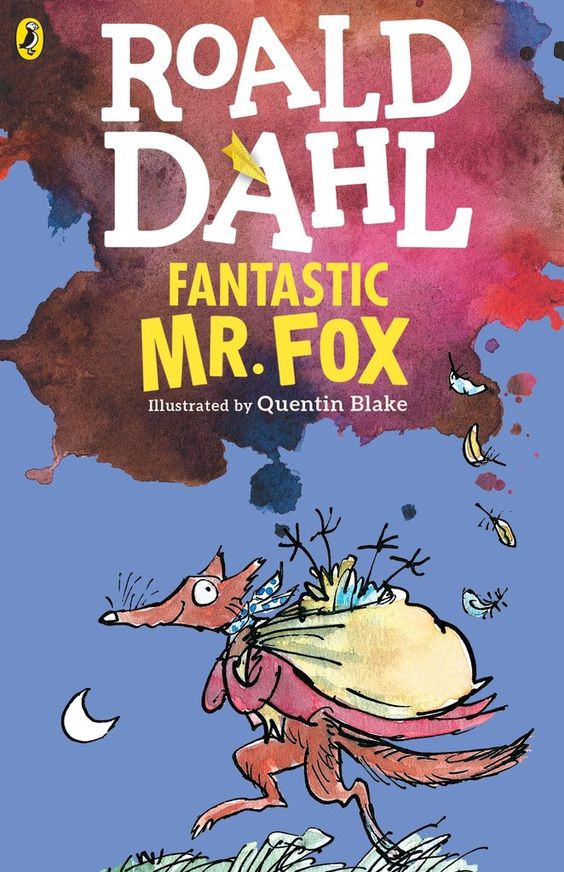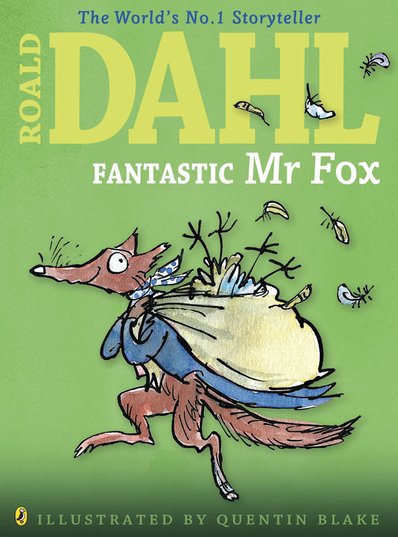

Why a fox? Why not a horse or a beetle or a bald eagle? I’m saying this more as, like, existentialism. This surface-level midlife crisis is underwritten by a deeper identity crisis resulting from Foxy’s self-consciousness (undoubtedly a by-product of his human-like intelligence), which he exhibits throughout the film to an extreme degree in a line of rhetorical questioning, he asks his friend: “Who am I, Kylie?. Fox, who is essentially a flat character both inside and out, Foxy is given the luxury of an arc a former squab thief turned newspaper columnist, Foxy’s desire to relive the glory days (as well as his more desperate need to put food on the table) drives him and his opossum friend Kylie to pull off his “Master Plan”: a string of robberies targeting the farms of B, B & B. Naturally, the character through which the theme of identity is mainly expressed would be the main character and “wild animal” himself: Mr.


Fox confronting their own identities and those of each other as they struggle to survive within the whimsical world of Dahl and Anderson. Yet animals they are indeed, with their conflict with the humans being a stark reminder of that fact, and whether these characters lean more toward one side or the other is a question that plays into the greater theme of identity this movie is about characters like Mr.

Fox nor any of the other animal characters, as anthropomorphs endowed with the power of human speech and inhabiting their own human-like society, can be described as merely “wild animals”. His response: “Because I’m a wild animal.” (00:34:10 – 00:34:12) The irony behind this line is that neither Mr. Fox is questioned about his decision to steal food from the infamous farmers Boggis, Bunce & Bean (or “B, B & B”). Fox can be found in a scene almost halfway through the film (roughly after the first quarter of the novel), when the titular Mr. One of many new additions made by Wes Anderson in his adaptation of the classic Roald Dahl novel Fantastic Mr.


 0 kommentar(er)
0 kommentar(er)
